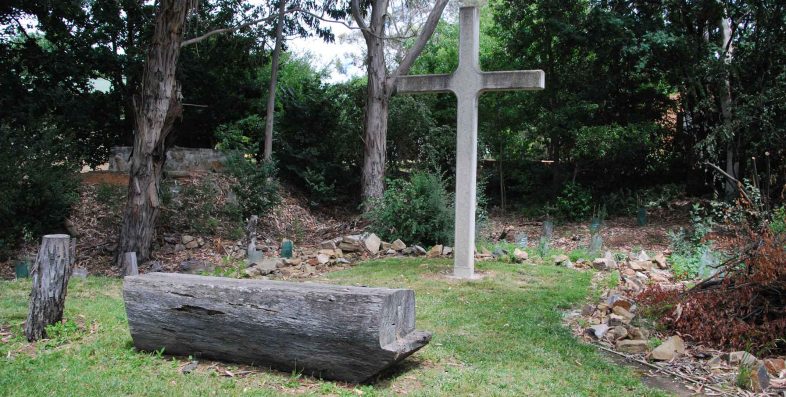
8 October 2023
Remembering the referendum – Geoff Broughton

8 October 2023
Remembering the referendum – Geoff Broughton
The referendum vote is in a few days but how will the proposal, months of debate and outcome be remembered? Right remembering is a deeply theological endeavour and so how can theology assist us on Sunday morning and what happens next?
Each year, when I take people on Arrernte country in central Australia, we are mindful that well-meaning Christian people have arrived from the east coast, mostly forgetting or largely ignoring Jesus’ instruction in Luke 9-10 for mission and ministry. As visitors from the east coast, we spend considerable time rehearsing together our collective history, in the spirit of truth-telling. In the week of the referendum, Jesus’ instruction for his disciples in mission suggests five themes for faithful relationships with—including mission to—First Nations People: vulnerability, power, cultural codes (how to dress), lingering and rejection.
Luke 10:3–11:
Go on your way.
See, I am sending you out like lambs into the midst of wolves.
Carry no purse, no bag, no sandals; and greet no one on the road. Whatever house you enter, first say, ‘Peace to this house!’ And if anyone is there who shares in peace, your peace will rest on that person; but if not, it will return to you.
Remain in the same house, eating and drinking whatever they provide, for the laborer deserves to be paid. Do not move about from house to house. Whenever you enter a town and its people welcome you, eat what is set before you; cure the sick who are there, and say to them, ‘The kingdom of God has come near to you.’
But whenever you enter a town and they do not welcome you, go out into its streets and say, ‘Even the dust of your town that clings to our feet, we wipe off in protest against you. Yet know this: the kingdom of God has come near
Hospitality. Welcome. Proclamation. Healing. That’s what happens when the kingdom of God comes near. Kingdom work is what we are all called to whatever the outcome of Saturday’s referendum. Our nation, particularly our Aboriginal brothers and sisters, might well be in need of faithful hospitality and welcome, the love of Jesus and the healing only he can bring, on Sunday morning.
© 2025 St Mark’s National Theological Centre
A PARTNER IN THE SCHOOL OF THEOLOGY AT
Charles Sturt University, CRICOS Provider: 00005F, TEQSA Provider Identification: PRV12018 (Australian university)
Contact | Privacy | Safety | Disclaimer | Copyright | Accessibility | Shipping